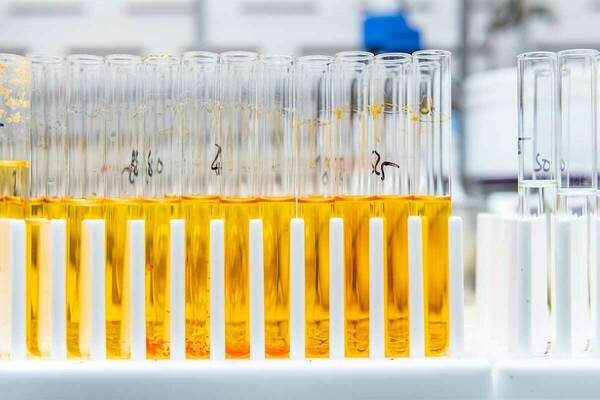
Perlara, a rare diseases drug discovery company based in the San Francisco Bay area, recently announced a collaboration called PerlQuest with the University of Notre Dame’s Warren Family Research Center for Drug Discovery and Development.
The PerlQuest project collaboration aims to screen and identify compounds that can be repurposed to treat glycogen storage diseases (GSDs) such as Cori Disease and Pompe Disease.

Symptoms of GSD most often emerge in early childhood and frequently include enlarged liver, low blood sugar, and failure to thrive. GSDs are monogenic recessive inborn (inherited) errors in metabolism involving improper production or breakdown of energy stored as glycogen. The National Organization for Rare Disorders (NORD) recognizes at least 13 GSD subtypes. All subtypes of GSD combined affect fewer than 1 in 40,000 individuals in the United States. There is no cure for GSD, and treatment and prognosis vary depending upon the type and severity.
“We are excited to add Perlara to our collaborative project team seeking therapeutic leads for Cori and Pompe disease,” said Richard Taylor, University of Notre Dame professor and member of Warren Family Research Center. “Perlara’s expertise in the development and screening of genetically engineered model systems complements our current efforts in this area, and will accelerate the identification of small molecules as potential treatments for GSD patients.”
In stage one of the PerlQuest platform, Perlara will engineer and adapt insect models of Cori and Pompe diseases to identify compounds that may be repurposed to treat disease.
“Our platform is well suited to evolutionarily and functionally conserved genes and pathways, such as those involved in glycogen storage diseases like Cori and Pompe, and is designed for image-based phenotypic readouts of growth, development, morphology and behavior," said Ethan Perlstein, Ph.D., Perlara founder and CEO. “With the addition of GSDs, we deepen our commitment to lysosomal diseases, and by extension, lysosomal biology.”
This collaboration builds upon the experience and previous research of Taylor and colleagues at the Warren Family Research Center. Armed with years of expertise in identifying therapeutic compounds for Niemann-Pick Type C, researchers at the Warren Center began to research therapeutic compounds for GSD in 2017.
About Perlara PBC
Perlara is the first biotech public benefit corporation (bioPBC) that discovers cures for rare diseases and learns how genes work across diseases to map connections to common ailments. Perlara embarks on journeys of scientific discovery and drug development called PerlQuests™ with families, patient organizations and BioPharma and clinical partners. The PerlArk™ Platform creates disease models using simple animals that share genetic similarity with humans, allowing screening of massive numbers of disease models and drug candidates quickly and at low cost.
For general information, visit www.perlara.com.
About the Warren Family Research Center for Drug Discovery and Development
The Warren Family Research Center for Drug Discovery and Development (Warren Center) at the University of Notre Dame is a state-of-the-art resource for a highly productive and renowned group of drug discovery faculty with expertise and interest in areas such as neurological and central nervous system disorders, infectious disease, cancer and rare diseases. The Warren Center supports the organization of chemical research discoveries for the Notre Dame Chemical Compound Collection and promotes biological evaluation of the products through internal collaborations and external partnerships with the aim of bringing healing therapies to market. Visit drugdiscovery.nd.edu for more information.
Originally published by at science.nd.edu on October 04, 2018.